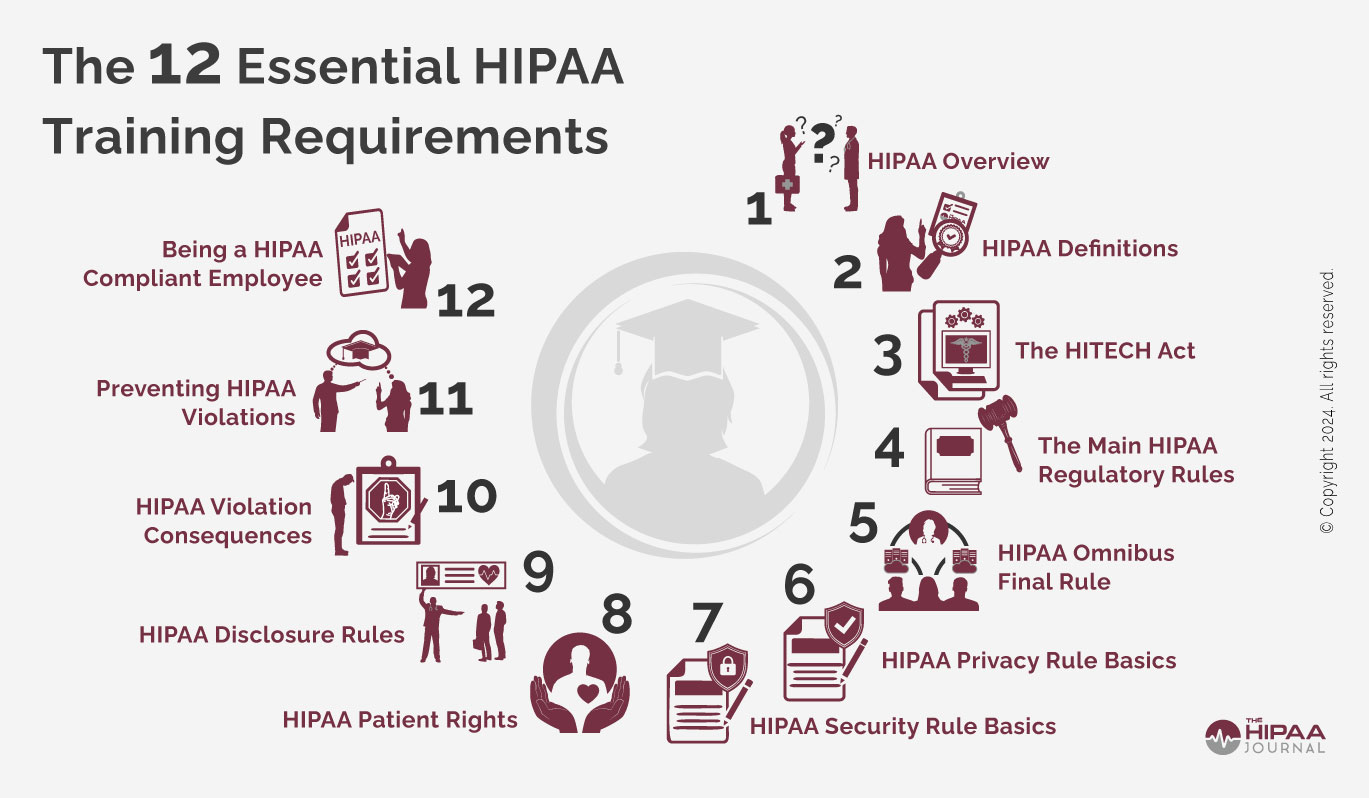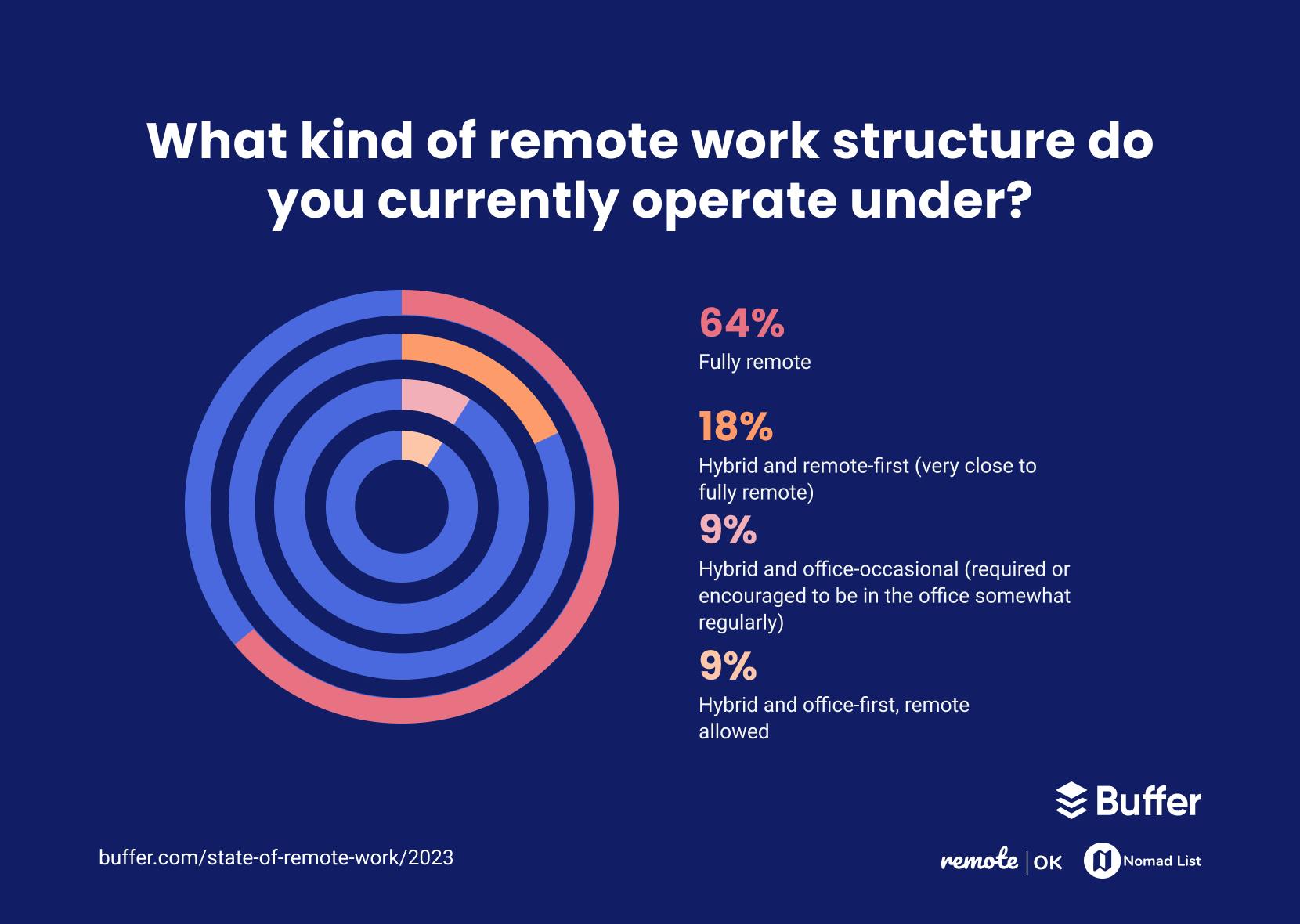Overview of Employee Privacy Legislation in Remote Work
The Evolution of Employee Privacy Laws
Employee privacy laws have come a long way. Initially, the focus was on physical workplaces, but with the rise of remote work, the scope has expanded dramatically.

Digital communication is now a big part of our jobs. The shift to remote work has blurred the lines between work and personal life, leading to new challenges in protecting employee privacy.
Key Legislation Affecting Employee Privacy in 2024
The Electronic Communications Privacy Act of 1986 (ECPA) is the main federal law. It regulates the monitoring of electronic communications in the workplace.
However, the ECPA has exceptions like the business purpose and consent exceptions, which allow significant monitoring. The General Data Protection Regulation (GDPR) in the European Union and the California Consumer Privacy Act (CCPA) also play crucial roles. These laws ensure employee data is managed according to legal standards, preserving privacy rights.
The Role of State Laws in Employee Privacy Protection
State laws provide additional layers of protection beyond federal legislation. Many states have their own privacy laws that can be more stringent than federal laws.
For example, California, South Carolina, Florida, and Louisiana have constitutional guarantees to privacy. States like Virginia prohibit employers from demanding social media passwords. Tax Tips for Remote Workers: Navigating Compliance Across Borders highlights how state laws can affect remote workers' tax obligations, further emphasizing the importance of understanding state-specific regulations.
Understanding Employee Data Protection Laws
Definition and Scope of Employee Data Protection Laws
Employee data protection laws are designed to safeguard personal information collected and processed by employers. These laws define what constitutes personal data and outline how it should be handled.
They cover a wide range of data. This includes names, addresses, social security numbers, and even biometric data.
Key Principles of Data Protection in Remote Work
Transparency is a fundamental principle, requiring employers to inform employees about data collection practices. Data minimization and purpose limitation principles ensure that only necessary data is collected and used for specified reasons.

Retention policies dictate that data should not be kept longer than needed. These principles help maintain a balance between business needs and employee privacy.
Rights of Employees Under Data Protection Laws
Employees have several rights under data protection laws. These include the right to access their data, rectify errors, and request deletion.
They can also object to certain types of processing and withdraw consent at any time. These rights empower employees to have control over their personal information.
Compliance Guidelines for Remote Workers
Essential Compliance Frameworks for Remote Work
Compliance frameworks like the ISO 27001 standard help organizations manage information security effectively. These frameworks provide guidelines for establishing, implementing, maintaining, and continually improving an information security management system (ISMS).
They are crucial for remote work. They ensure that sensitive data is protected regardless of where employees are located.
Best Practices for Employers to Ensure Compliance
Employers should conduct regular data protection impact assessments (DPIAs) to identify and mitigate privacy risks. Implementing clear data handling policies and providing regular training to employees are also essential steps.
Encrypting sensitive data, both in transit and at rest, adds an extra layer of security. Multi-factor authentication (MFA) further reduces the risk of unauthorized access.
Strategies for Employees to Protect Their Privacy Rights
Employees should familiarize themselves with their company's privacy policies and understand their rights. Using strong, unique passwords and enabling two-factor authentication (2FA) on all accounts are basic yet effective security measures.
Being cautious about sharing personal information online and using secure Wi-Fi networks are also important. Regular software updates help protect against known vulnerabilities.
The Impact of Privacy Legislation on Telecommuting
How Legislation Affects Remote Work Practices
Privacy legislation has compelled companies to rethink their remote work policies. Employers must now ensure that their practices comply with various laws, which can be complex in a remote setting.

This includes implementing secure remote access solutions, managing data across different jurisdictions, and ensuring secure communication channels. It's a significant shift from traditional office-centric compliance.
Balancing Business Needs with Employee Privacy Rights
Balancing business needs with employee privacy is a delicate act. Companies need to collect and process data to operate efficiently, but they must do so in a way that respects employee privacy.
This involves finding solutions that meet both operational requirements and legal obligations. Regular audits and transparent communication with employees help maintain this balance.
Case Studies: Successful Implementation of Privacy Laws in Remote Work
Many companies have successfully navigated the complexities of privacy laws in remote work. For instance, some have implemented robust data protection programs that include regular training, clear policies, and advanced security measures.
These case studies demonstrate that compliance is achievable. It enhances trust and operational efficiency.
Addressing Common Concerns in Remote Work Privacy
Employee Monitoring: Legal and Ethical Considerations
Employee monitoring is a contentious issue. While it can help ensure productivity and security, it must be balanced with employees' privacy rights.
Employers should be transparent about monitoring practices. They should only collect data necessary for legitimate business purposes. Key Trends Shaping Employee Monitoring Software for Remote Work in 2024 provides insights into how monitoring can be implemented ethically.
Maintaining Work-Life Balance in a Remote Environment
Maintaining a healthy work-life balance is crucial in a remote setting. Employers should encourage employees to set boundaries between work and personal time.
Clear communication about working hours and expectations helps prevent burnout. It promotes a healthier work environment.
Ensuring Data Security and Preventing Breaches
Data security is paramount in remote work. Implementing strong security measures, such as encryption, secure access controls, and regular security audits, is essential.

Navigating Cyber Threats: Protecting Remote Workers in 2025 offers practical strategies to protect against cyber threats. This includes using virtual private networks (VPNs) and keeping software updated.
Future Trends in Employee Privacy Legislation
Anticipated Changes in Laws Affecting Remote Work
We can expect more stringent data protection laws in the future. These laws will likely address the unique challenges of remote work.
There may be increased focus on cross-border data transfers and the use of emerging technologies. Staying informed about these changes is crucial for compliance.
The Role of Technology in Shaping Privacy Regulations
Technology will play a significant role in shaping future privacy regulations. Advances in areas like artificial intelligence (AI) and machine learning will necessitate new rules to govern their use.
Privacy-enhancing technologies (PETs) may also become more prevalent. They offer ways to protect data while still allowing for its use in various applications.
Preparing for Upcoming Compliance Challenges in Remote Work
Companies should proactively prepare for future compliance challenges. This includes staying informed about legislative changes and investing in robust data protection measures.

Engaging with legal experts and conducting regular compliance audits can help organizations stay ahead of the curve. Building a culture of privacy within the company is also essential.
Key Takeaways:
- State laws play a crucial role in enhancing employee privacy protections beyond federal legislation.
- Data protection principles like transparency, data minimization, and purpose limitation are fundamental in remote work.
- Balancing business needs with employee privacy involves implementing solutions that meet both operational requirements and legal obligations.
- Future trends indicate more stringent laws and a significant role for technology in shaping privacy regulations.
- Proactive preparation, including staying informed and investing in robust data protection, is essential for compliance.